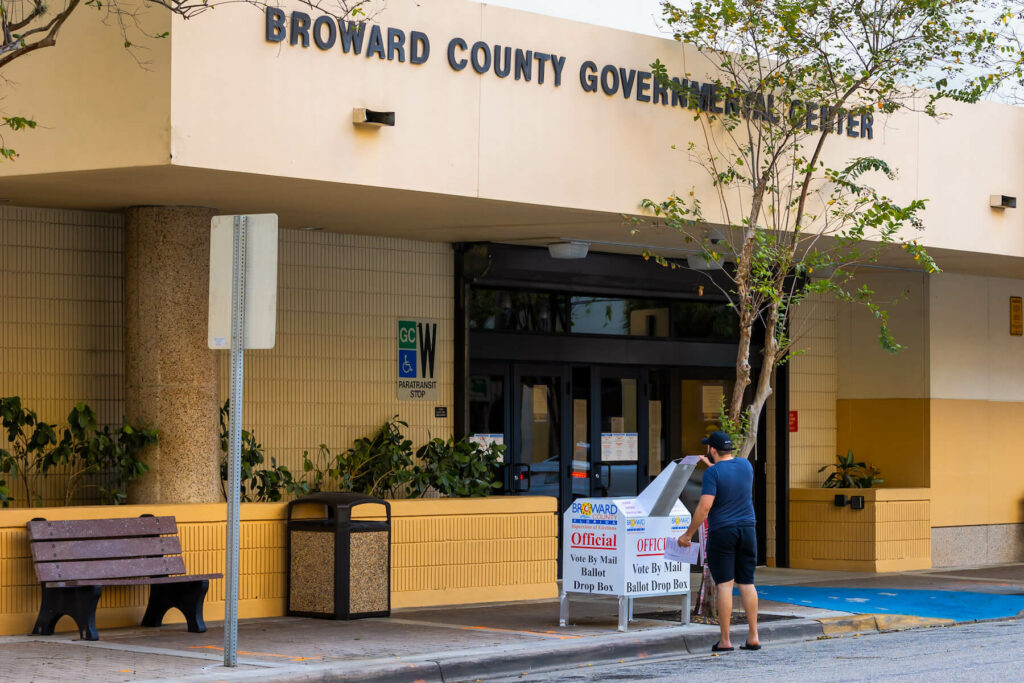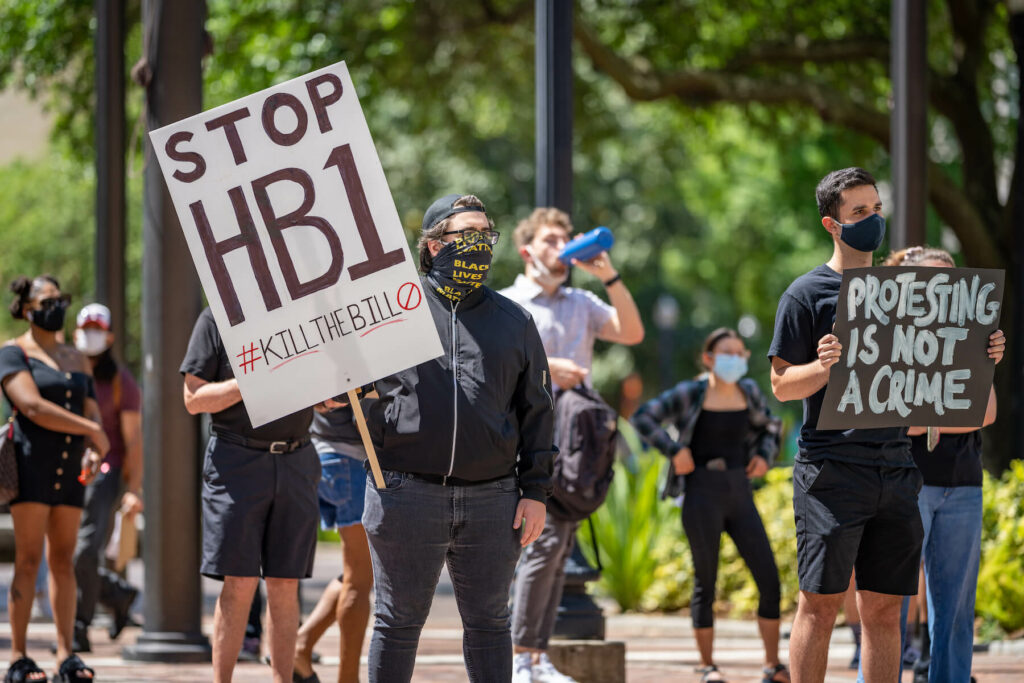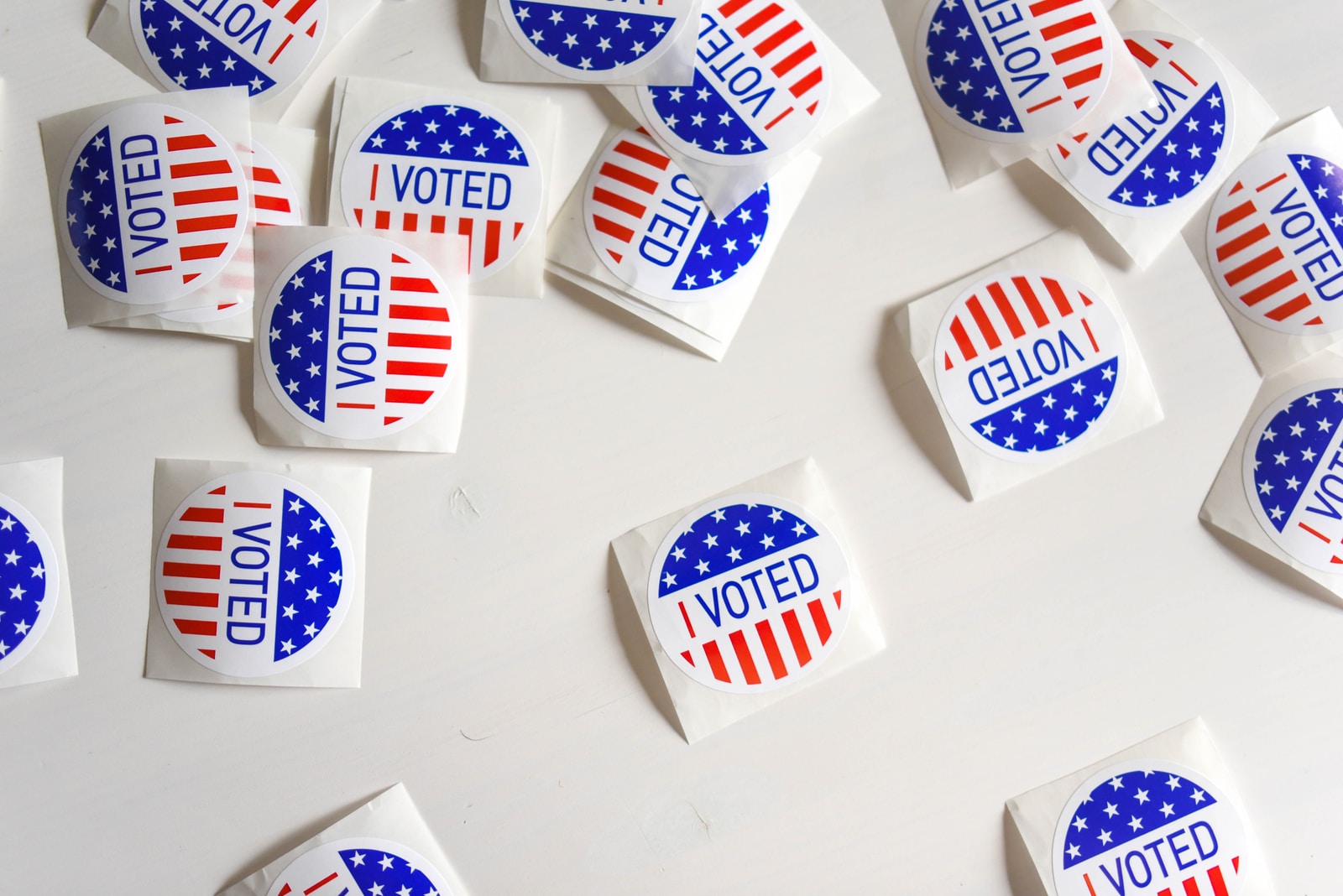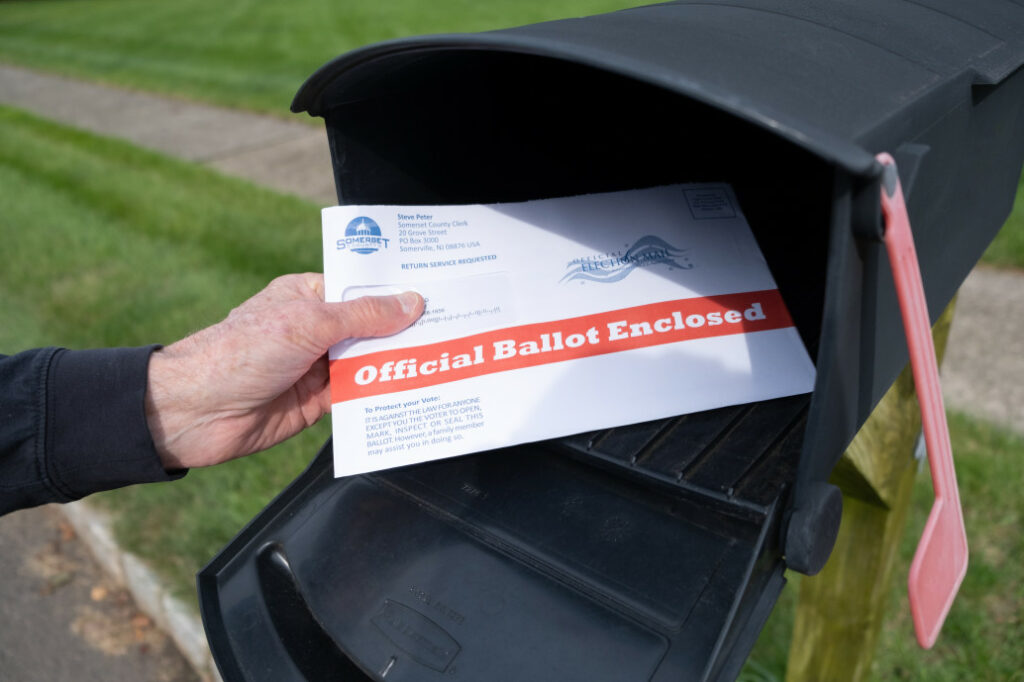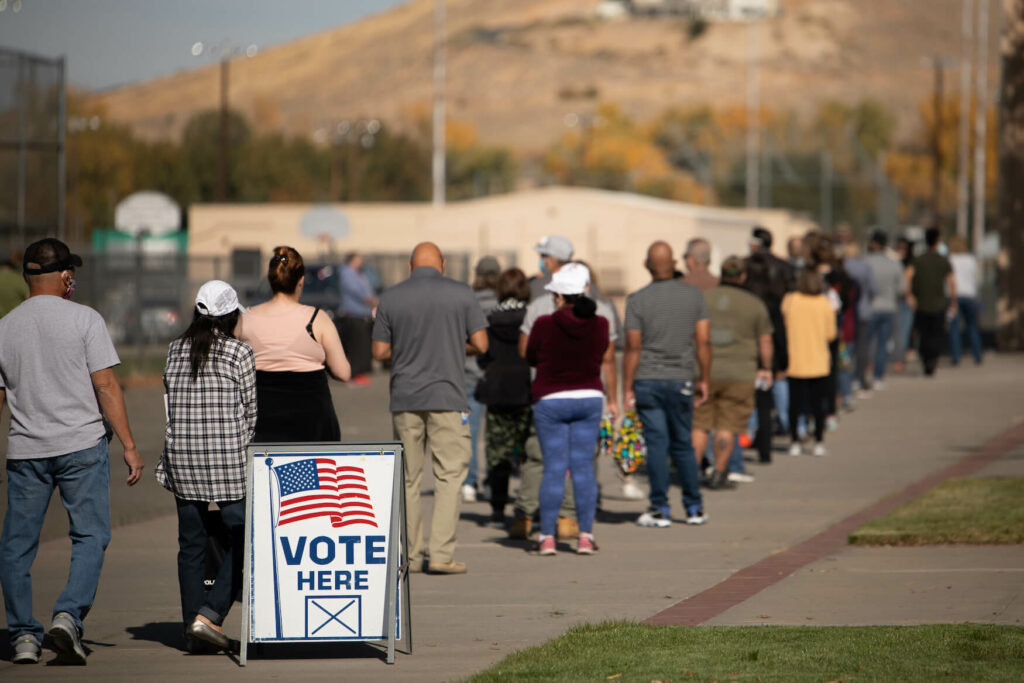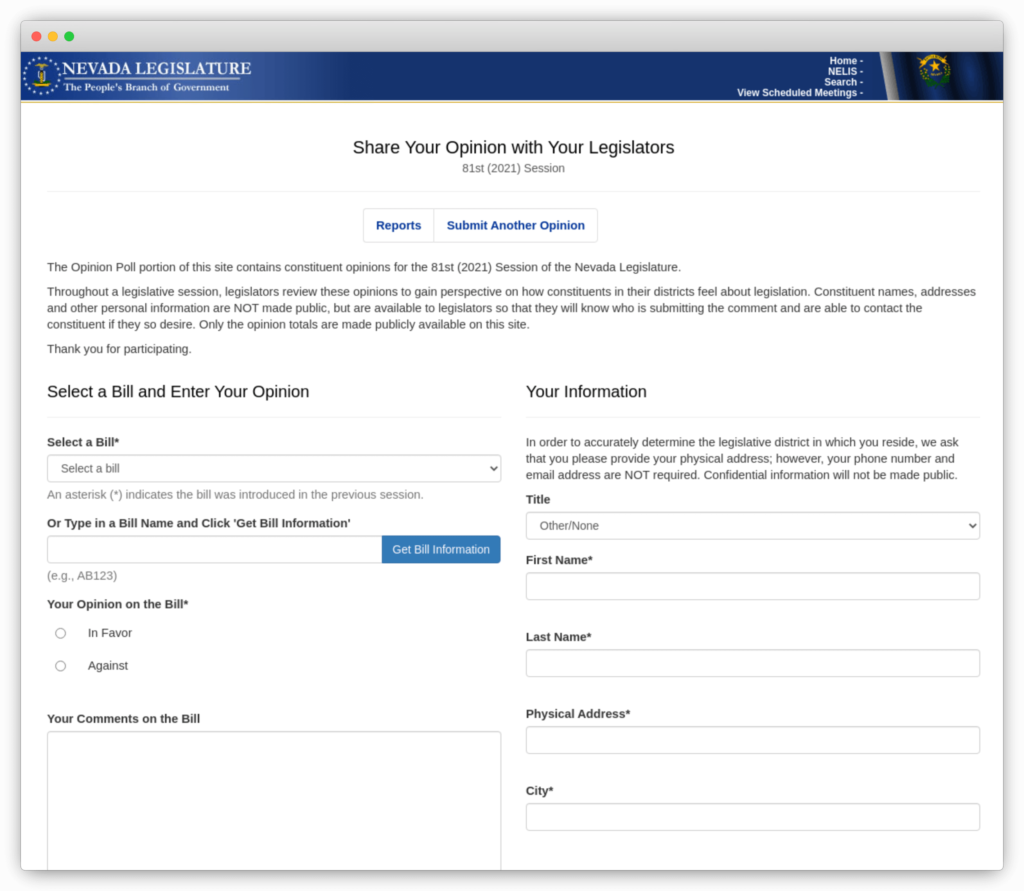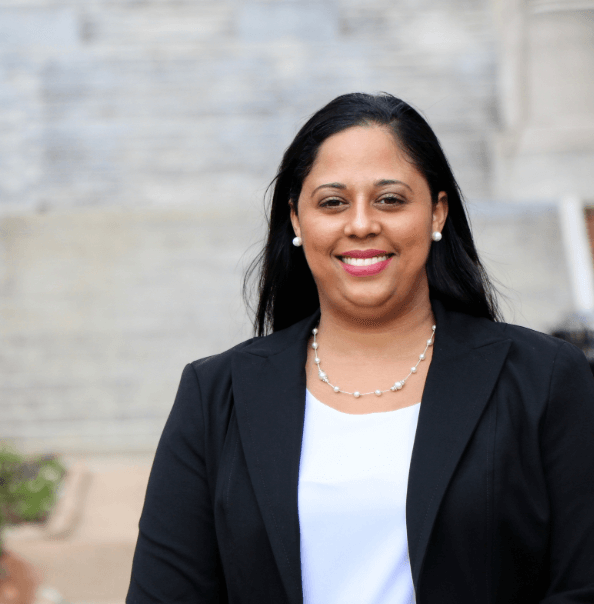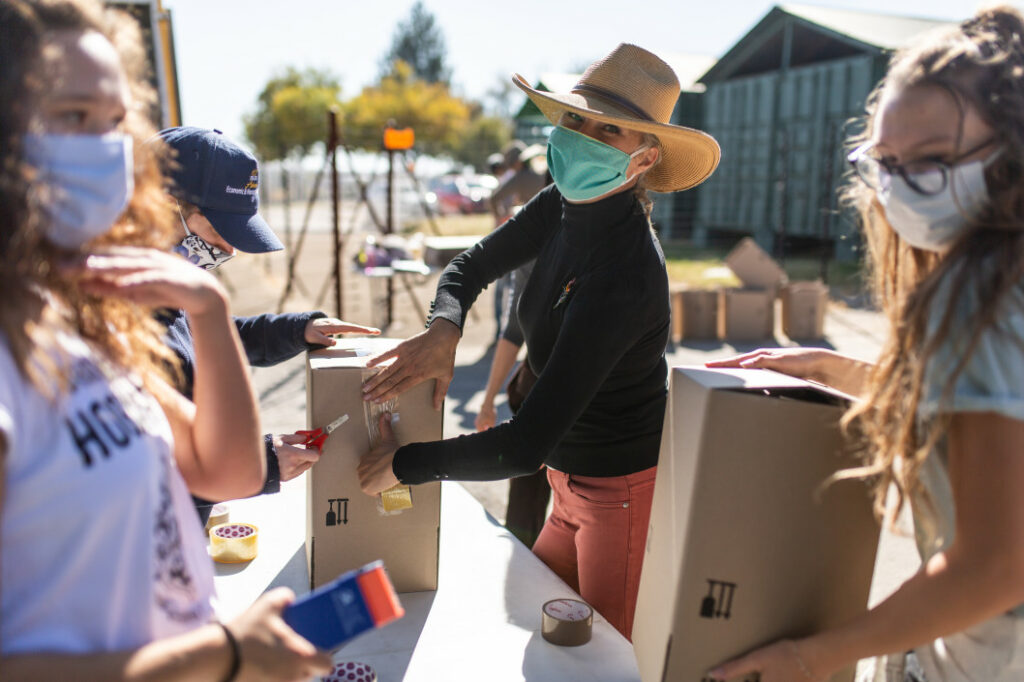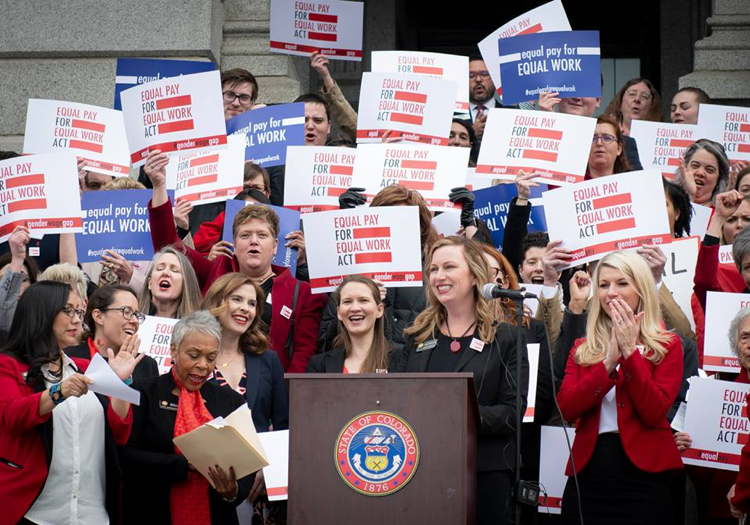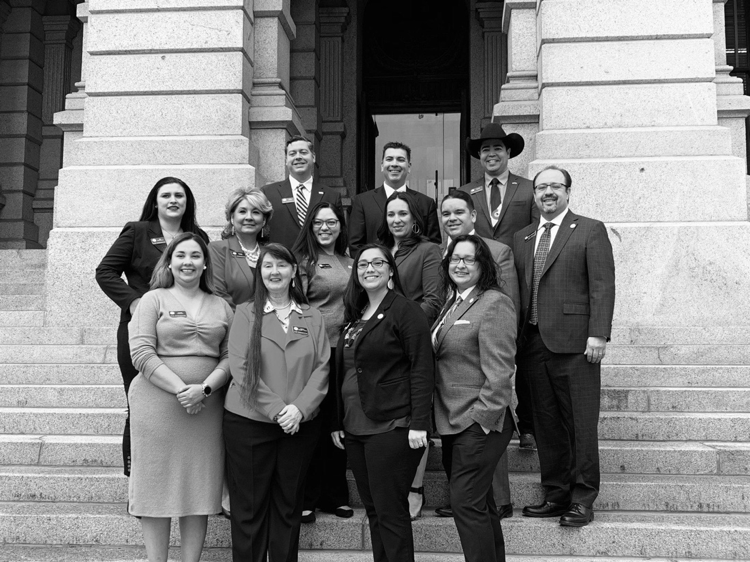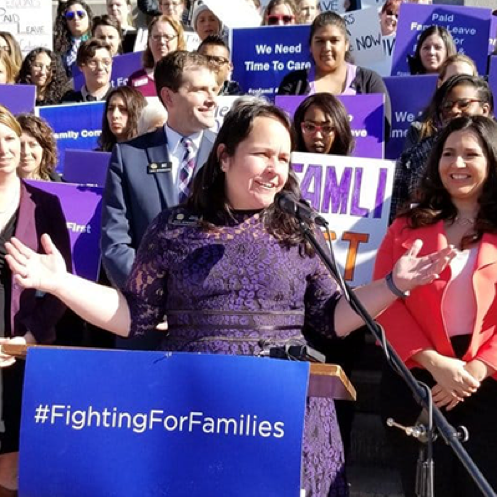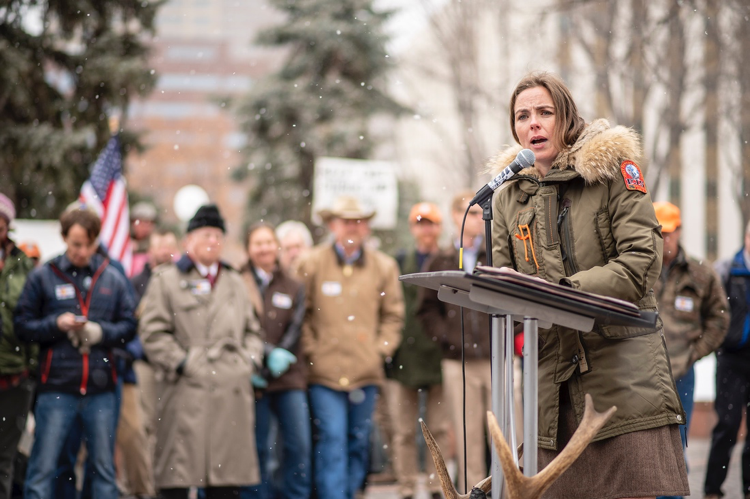What SCOTUS’s Latest Blow to Voting Rights Means for States
The Supreme Court has dramatically weakened one of the remaining, most vital tools we have to defend and advance multi-racial democracy in America: Section 2 of the Voting Rights Act.
In today’s 6-3 decision, Brnovich v. Democratic National Committee, the Court held that two Arizona voting laws that disproportionately disenfranchise Latino, Black, and Native voters do not violate the Voting Rights Act. While the Court did not eviscerate Section 2 wholesale, as many feared, it imposed stricter standards for evaluating future voting rights claims. Moving forward, it will be significantly harder to challenge and overturn racially discriminatory voting laws in federal courts – including the wave of anti-voter bills enacted in 2021.
To help unpack the details of the case, check out pieces from The Guardian, Election Law Blog, Vox, and Slate. You can read the Court’s opinion here, including Justice Kagan’s powerful dissent (starting on p. 45).
Why the Brnovich decision matters for states
Our democracy is at a turning point. In 2021 alone, conservative legislators in nearly every state have introduced over 400 anti-voter bills in a coordinated, national strategy to win elections for the Right. This wave of laws poses an alarming threat to our freedom to vote and intentionally silences the voices of voters of color, young voters, low-income voters, and new Americans. With Republicans in control of 61 of 98 state legislative chambers, there is no end in sight to the assault on our democracy.
The Supreme Court already struck down the Voting Rights Act’s crucial preclearance requirement in Shelby v. Holder (2013), and the For The People Act – which would create national standards for voting – is being blocked by conservatives in Congress. By narrowing the application of Section 2 in Brnovich v. DNC, the court damaged one of the last, most vital tools we have to defend and advance multi-racial democracy in America.
In his majority opinion, Justice Alito endorsed conservative state legislators’ baseless lies and policies on election fraud, noting that a state “may take action to prevent election fraud without waiting for it to occur within its own borders” – even if those laws discriminate against Black and Brown voters. SCOTUS’s nod to a known conservative strategy – invoke fraud to deny our freedom to vote – makes the threat to our democracy even more urgent.
What To Do
State legislatures are the key battlegrounds to protect the freedom to vote. Absent federal legislation, it's crucial that legislators in every state step up. Following the Brnovich decision, legislators can:
- Review and strengthen your state’s voting rights protections and legal remedies (like Virginia just did in passing their own voting rights act this year, and as Campaign Legal Center’s report recommends);
- Speak boldly about protecting the freedom to vote (using these messaging resources);
- Connect directly with your constituents on voting rights (like these legislators in North Carolina and Florida);
- Collaborate with your caucuses to advance a cohesive pro-voter and defensive democracy strategy, well in advance of the 2022 legislative season;
- Make every effort to engage communities directly in the 2021 redistricting process to ensure political maps are fair and representative (as we discussed in a recent webinar); and,
- Advocate for national standards for voting, redistricting, and campaigns proposed in The For the People Act and John Lewis Voting Rights Act.
Additional Information on the Case
The Brnovich v. Democratic National Committee decision substantially narrows Section 2 of the Voting Rights Act – one of the last remaining tools Americans have to fight racial discrimination in voting.
In 2016, the Democratic Party challenged two Arizona voting laws as racially discriminatory under Section 2 of the VRA and the 15th Amendment. Section 2 enables voters to dispute policies that disproportionately prevent minority voters from casting ballots and electing representatives of their choice. The two Arizona policies in question barred mail ballot collection by anyone other than a voter’s immediate family, and required election officials to discard all ballots cast by voters in the wrong precinct.
While Section 2 has been primarily used to defend against racial gerrymanders and minority “vote dilution,” this section has become much more important for election policy cases after SCOTUS halted the VRA’s preclearance requirements in Shelby v. Holder (2013). Before Shelby, places with histories of racial discimination in elections had to preclear all voting policy changes with the federal government before going into effect. In fact, Arizona’s ballot collection policy in question in Brnovich was effectively blocked by preclearance in 2011.
In January 2020, the Ninth Circuit Court of Appeals ruled that – in Arizona’s context – ballot collection and out-of-precinct voting restrictions have discriminatory impacts on Native, Latino and Black voters in violation of Section 2. Native Arizona voters who live far away from precincts and mailboxes are much more likely to rely on community ballot collection than White voters. Native, Latino, and Black Arizonans are also much more likely to move residences and to have their precincts relocated than White voters. The Ninth Circuit also found evidence that the ballot collection law was purposefully enacted to target minority voters.
Arizona Republicans petitioned the Supreme Court to take up the case, and conservatives nationwide urged the Court to limit the application of Section 2 going forward. Amid an unprecedented wave of racialized, anti-voter laws, Brnovich v. DNC further restricts options for protecting voting rights in America. And it could reshape our democracy for years to come. For additional background on Brnovich, check out resources from The Brennan Center and Harvard Law School.
